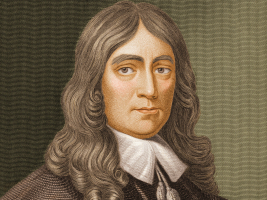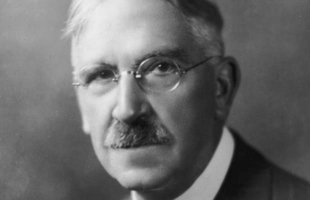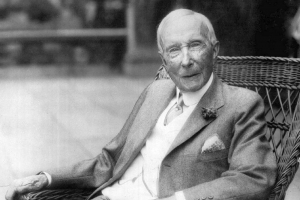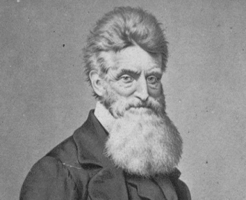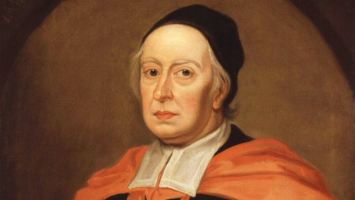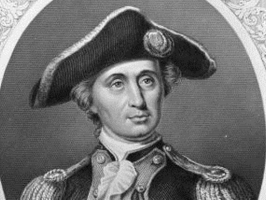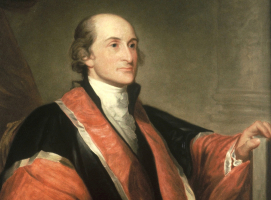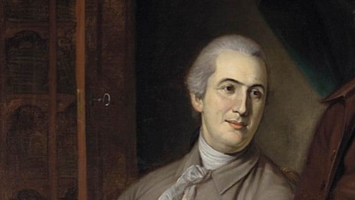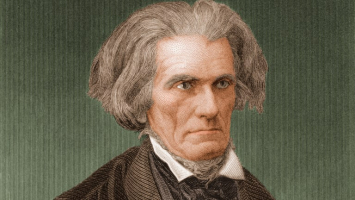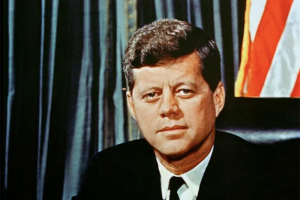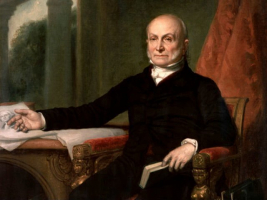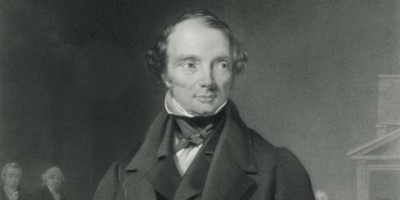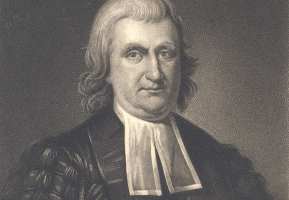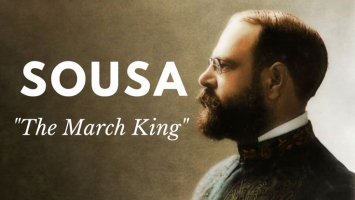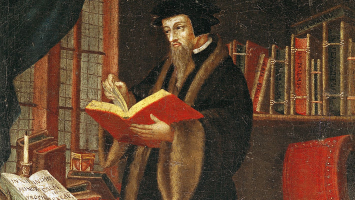Top 3 Interesting Facts about John Deere
John Deere (February 7, 1804 – May 17, 1886) was an American blacksmith and manufacturer who established Deere & Company, one of the world's largest and most ... read more...successful agricultural and construction equipment manufacturers. Deere was born in Rutland, Vermont, and relocated to Illinois in 1837, where he built the first commercially successful steel plow. Here are the 3 interesting facts about John Deere you should know.
-
One of the interesting facts about John Deere is that John Deere was a blacksmith. John Deere settled in Grand Detour, Illinois. Due to a scarcity of blacksmiths in the area at the time, Deere had no trouble getting work. Deere, an established blacksmith, erected a 1,378-square-foot (128 m2) shop in Grand Detour in 1837, allowing him to function as a general repairman as well as a manufacturer of tools such as pitchforks and shovels in the village. The self-scouring steel plow, which was pioneered in 1837 when John Deere fashioned a Scottish steel saw blade into a plow, was just the beginning. Prior to Deere's steel plow, most farmers used iron or wooden plows that became clogged with the rich Midwestern soil and had to be cleaned on a regular basis. Deere discovered that cast-iron plows were not performing well in the harsh prairie soil of Illinois and remembered the needles he had polished as a child at his father's tailor shop in Rutland, Vermont.
Deere concluded that a plow constructed of highly polished steel and a properly formed moldboard (the self-scouring steel plow) would be better suited to the prairie's soil characteristics, particularly its sticky clay. In the nineteenth and early twentieth centuries, the smooth-sided steel plow remedied this difficulty and considerably aided migration into the American Great Plains.
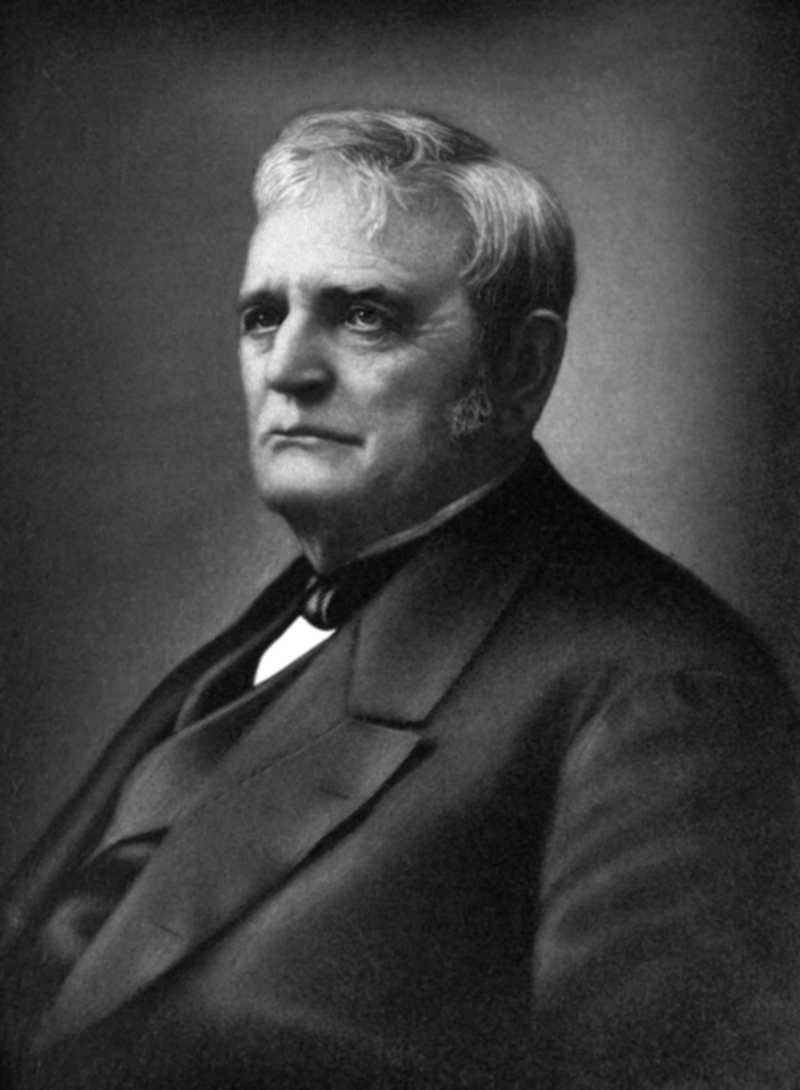
en.wikipedia.org 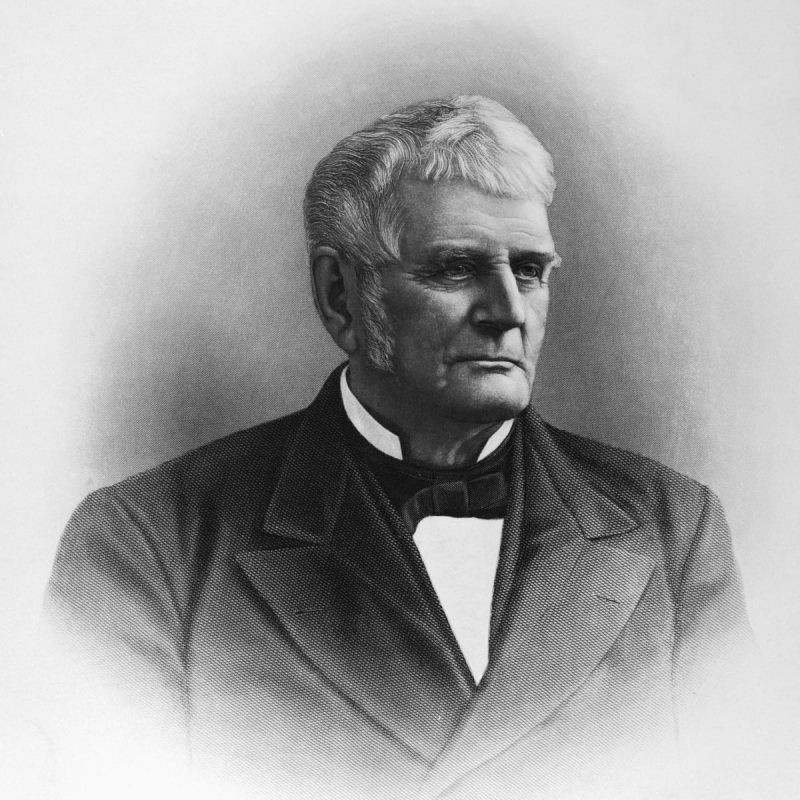
biography.com -
One of the interesting facts about John Deere is that Deere developed and manufactured the first commercially viable cast-steel plow in 1827. The wrought-iron-framed plow was made of polished steel. This made it excellent for the tough soil of the Midwest, where it outperformed other plows. By early 1838, Deere had finished his first steel plow and sold it to Lewis Crandall, a local farmer who promptly spread the news about his success with Deere's plow. Following that, two neighbors placed orders with Deere. Deere was producing 75-100 plows each year by 1841.
Deere teamed with Leonard Andrus in 1843 to make more plows to meet demand. The cooperation, however, became strained due to the two men's stubbornness - while Deere wanted to sell to clients outside of Grand Detour, Andrus opposed a proposed railroad through Grand Detour - and Deere's skepticism of Andrus' accounting techniques. Deere ended his collaboration with Andrus in 1848 and relocated to Moline, Illinois because the city was a transportation hub on the Mississippi River. By 1855, Deere's factory had sold over 10,000 of these plows. It was dubbed "The Plow that Broke the Plains," and it is remembered by a historical marker in Vermont.
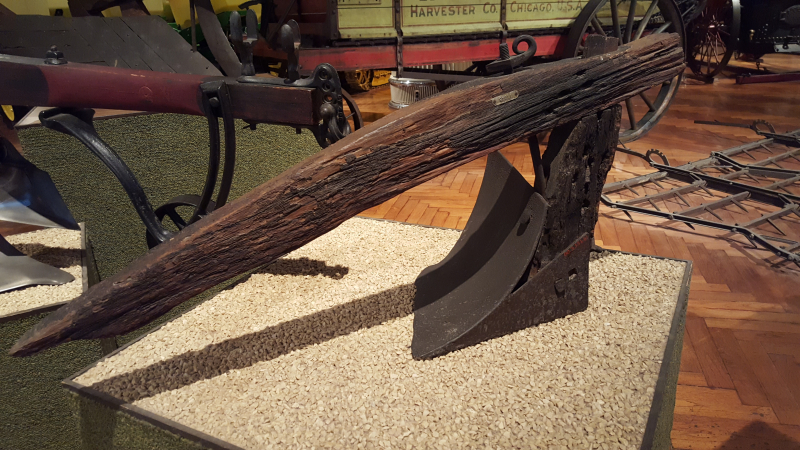
Early John Deere plow -commons.wikimedia.org 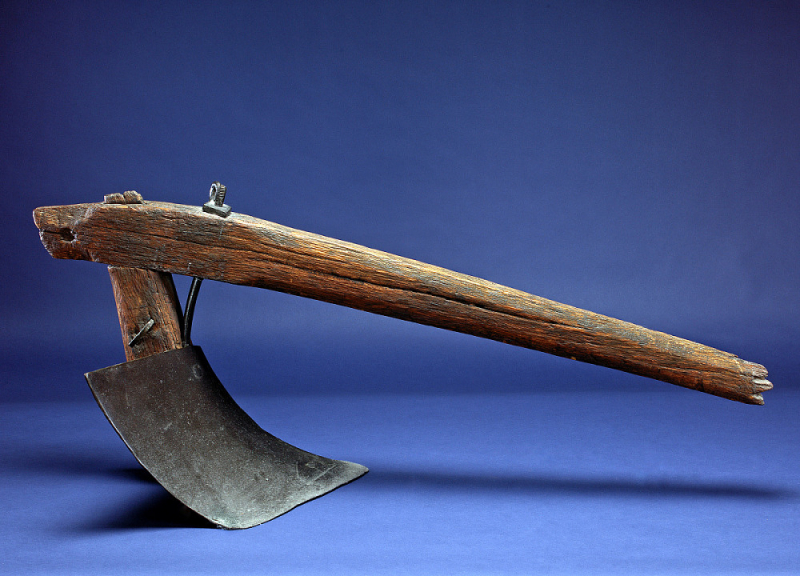
Early John Deere plow -americanhistory.si.edu -
One of the interesting facts about John Deere is that later in life, Deere devoted much of his time to civic and political matters. He was the President of the Moline National Bank, a director of the Moline Free Public Library, and a trustee of the First Congregational Church. Deere was also the mayor of Moline for two years, but due to chest ailments and dysentery, he refused to run for re-election. On May 17, 1886, at the age of 82, he died at home (known as Red Cliff). The John Deere House is a historic structure in Moline, Illinois, USA. The house, which was once owned by businessman John Deere, lies on a high hill overlooking the Mississippi River Valley and the urban environment below. In 2002, it was designated a Moline Historic Landmark, and in 2003, it was added to the National Register of Historic Places.
John Deere served as the company's president until his retirement in April 1886, when he died one month later in May 1886. The corporation was reformed again in 1868, this time as Deere & Company. Charles Deere, Stephen Velie, George Vinton, and John Deere were the business's original owners, and Charles effectively operated the corporation.
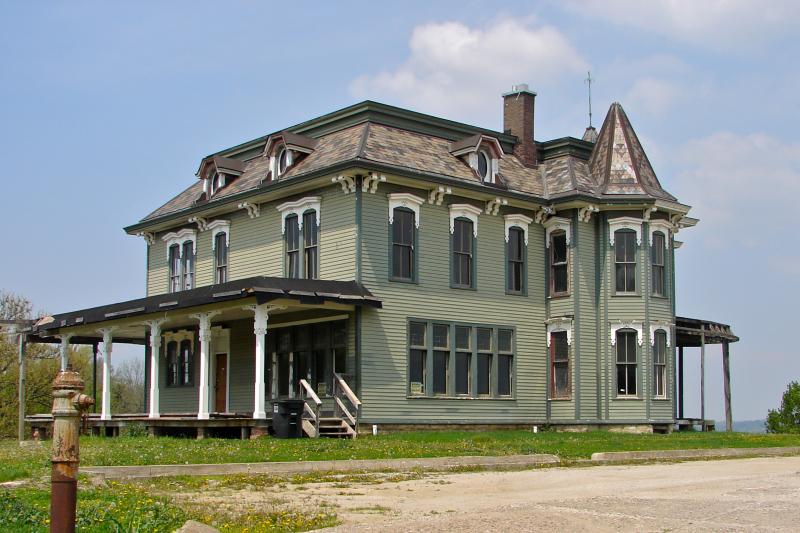
John Deere House - en.wikipedia.org 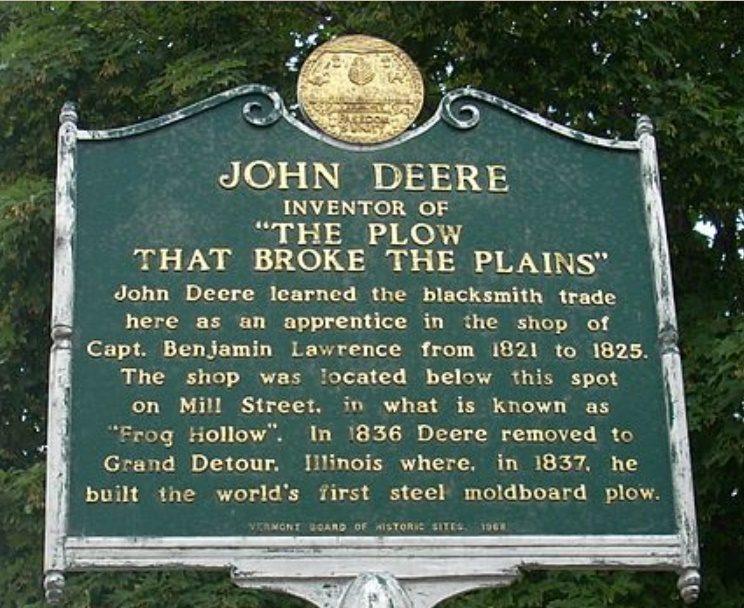
A monument in Middlebury, Vermont -wikiwand.com






